Recycled lithium-Ion batteries outperform new ones
A novel method of recycling such batteries could help meet skyrocketing demand.
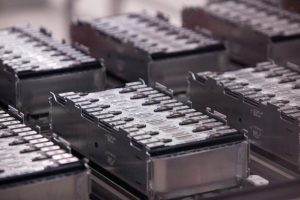
A novel method of recycling such batteries could help meet skyrocketing demand.
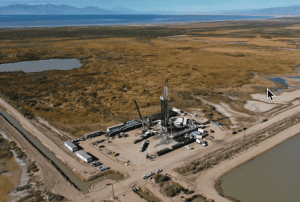
A clean energy revolution will hinge on getting mining right. Northern Nevada is epicenter of the US issue.
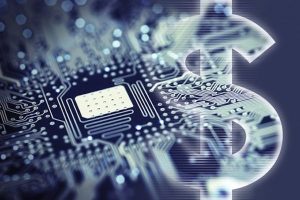
Here are a few slides of interest from a market analyst’s presentation to a conference. Slides show how economics drives the transition to clean energy.
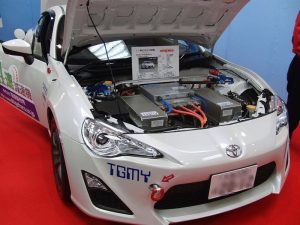
Researchers at Cornell sustainably repurposed used lithium-ion electric vehicle batteries to reduce their carbon footprint.
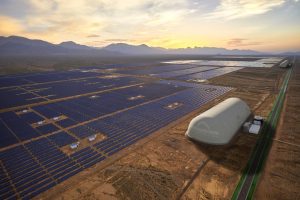
Tech innovation gets funding for pilot/POC project to capture excess solar power during daylight and use it at night. Is this a solution for the “intermittency” problem?
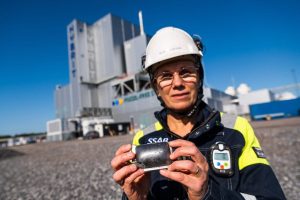
These “hard to abate” sectors are transforming to low- and no-carbon outputs. (Imagine how much faster, better, bigger and cheaper it would be with carbon fee and dividend.)

Aviation, a “hard to abate” sector, has some promising, new, green-energy technologies. Here’s a good summary of the latest hydrogen-based advances.
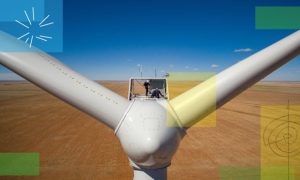
Great summary of (and links to) technologies mature enough to compete with fossil fuels. Everything would be faster and bigger with carbon pricing,

A new CA state law bans the sale of small off-road engines (SOREs) by 2024. Here are the economics: Higher cost to buy; lower operating costs. Details.

Early stage technology to biologically sequester carbon. It may buy some time to get to net-zero, but huge questions remain.

Harvard professor of applied physics and of public policy, and co-founder of a carbon-capture-sequestration (CCS) company,, lays out the case for geoengineering plus CCS to avert the worst impacts of the coming heat.

Can biological sequestration contribute to getting the Net-Zero?
Maybe, but significant issues remain according to this MIT Tech Review article.